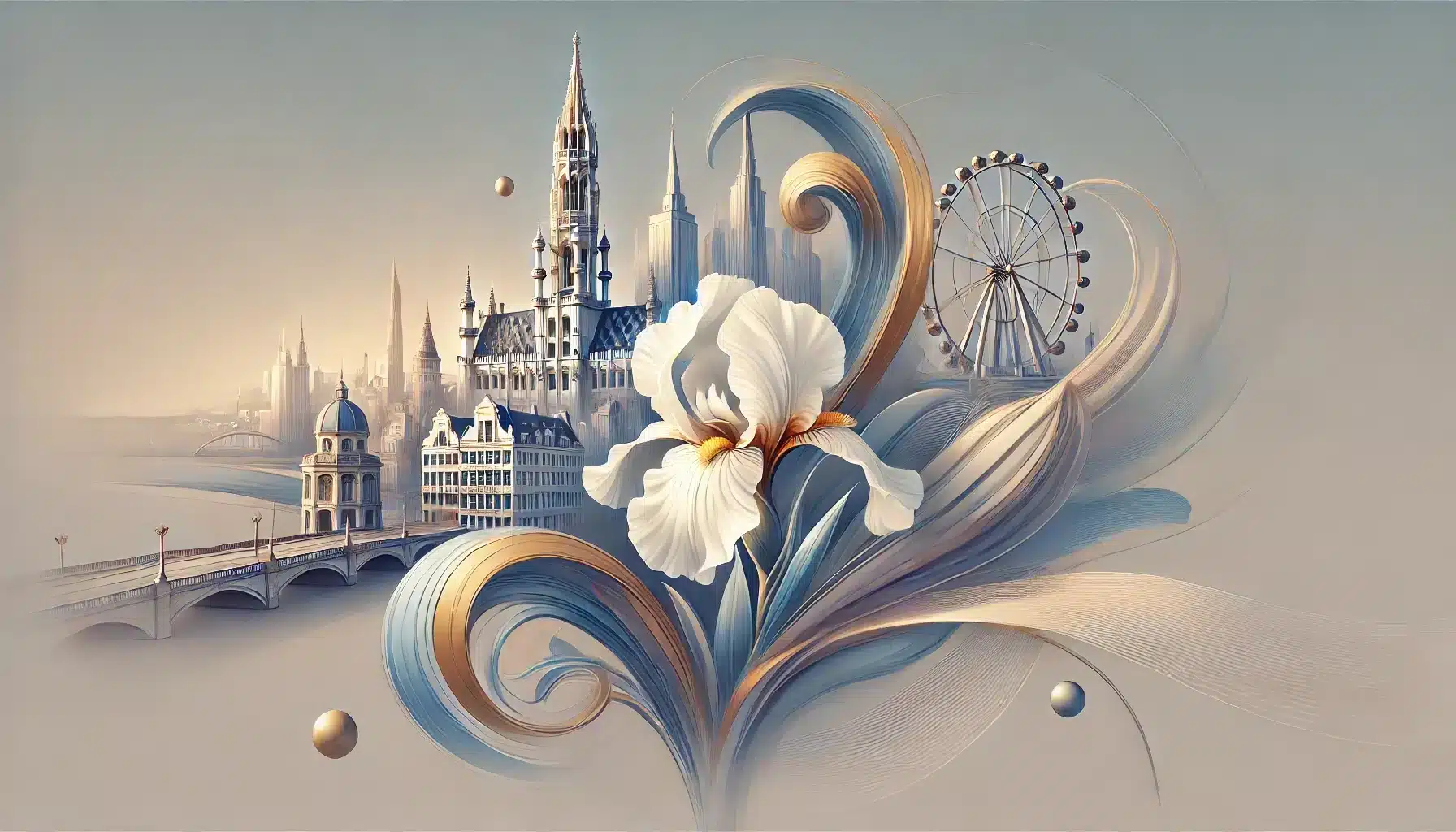What is Brussels-Capital Region Day (Iris Festival)?
Brussels-Capital Region Day, also known as the Iris Festival, is celebrated annually on May 8 in Brussels, Belgium. This day commemorates the establishment of the Brussels-Capital Region in 1989 and is named after the yellow iris, the region’s official emblem. The festival features free concerts, street performances, cultural exhibitions, and family-friendly activities, making it one of the most vibrant events in the city.
The Iris Festival serves as a celebration of Brussels’ identity, diversity, and cultural heritage. It brings together residents and visitors to enjoy a wide range of entertainment while fostering regional pride.
History and Origin
May 8 was chosen as Brussels-Capital Region Day for several reasons. It aligns with the blooming period of the yellow iris, symbolizing the wetlands that once surrounded the city. The date also coincides with Victory in Europe Day, marking the end of World War II in Europe, and one of the feast days of Saint Michael the Archangel, the patron saint of Brussels.
The festival has grown over the years, evolving from a day of official ceremonies into a large-scale public event. It now includes music performances, art displays, guided tours, and interactive experiences that highlight Brussels’ history, culture, and modern identity.
Who Participates in the Iris Festival?
- Regional government agencies: Organize official ceremonies and promote regional development projects.
- Cultural institutions: Host exhibitions, performances, and workshops showcasing Brussels’ heritage.
- Musicians and artists: Provide live entertainment through concerts, street performances, and art displays.
- Local businesses: Engage in the festival by offering food, drinks, and special promotions.
- Tourism organizations: Arrange guided tours and activities to educate visitors about the region’s history and significance.
Slogans and Themes
Brussels-Capital Region Day focuses on community spirit, cultural pride, and the diversity of Brussels. Themes often highlight regional unity, artistic expression, and sustainable urban development.
Common slogans include “Celebrating Our Capital,” “Unity in Diversity,” and “Brussels in Bloom.”
Colors
- Yellow: Represents the yellow iris, the symbol of the Brussels-Capital Region.
- Blue: Reflects the regional flag and signifies harmony.
- White: Symbolizes peace and the inclusive spirit of the celebration.
Symbols
- Yellow Iris: The official emblem of the Brussels-Capital Region, symbolizing its natural heritage.
- Saint Michael the Archangel: The patron saint of Brussels, representing protection and virtue.
- Brussels Flag: Depicts the yellow iris on a blue background, embodying regional identity.
Patterns
- Floral motifs: Inspired by the iris flower, used in decorations and promotional materials.
- Art Nouveau elements: Reflecting Brussels’ architectural heritage, often incorporated into festival designs.
- Musical notes: Symbolizing the concerts and live performances that define the event.
Most Used Hashtags
- #IrisFestival
- #BrusselsCapitalDay
- #FêteDeLIris
- #BrusselsCelebrates
- #IrisFest
How to Observe the Iris Festival
- Attend concerts and performances: Enjoy free live music and entertainment in public squares and parks.
- Explore cultural exhibitions: Visit museums and galleries featuring special displays about Brussels’ history and art.
- Join a guided tour: Discover historical landmarks and lesser-known parts of the city through organized walks.
- Savor local cuisine: Try Belgian specialties at food stalls and participating restaurants.
- Engage in family-friendly activities: Participate in workshops, games, and interactive sessions for all ages.
Why is the Iris Festival Important?
The Iris Festival is more than just a celebration; it represents Brussels’ rich cultural landscape and historical significance. By bringing together different communities, it strengthens regional identity and showcases the city’s artistic and multicultural character.
Through music, art, and historical reflection, the festival reinforces the importance of unity and inclusivity. It also promotes the recognition of Brussels as both a political center and a cultural hub, making it an essential annual event for residents and visitors alike.
Features
Contact Info
May 8: Brussels Capital Region Day / Iris Festival
Why do you keep falling for the same type?
Read the article Lovemaps: the hidden blueprint of our love.

